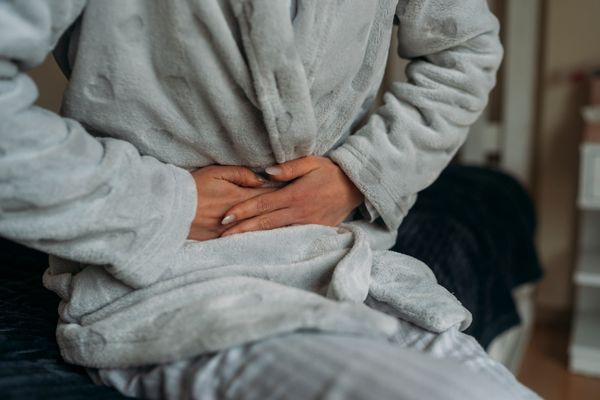The news this week gives me yet another reason to eat well and exercise regularly: the American Institute for Cancer Research (AICR) says that 7 in 10 cases of
endometrial cancer are caused by carrying excess body fat and a lack of physical activity.
Endometrial cancer is the most common gynecological cancer in this country. It also is one of the world’s most preventable cancers, along with skin and lung cancers, according to a report from the AICR and the World Cancer Research Fund, Policy and Action for Cancer Prevention.
Endometrial cancer strikes about 47,000 U.S. women a year, but about 33,000 of those cases could be prevented simply through lifestyle changes. "Staying lean, avoiding the buildup of abdominal fat and being active every day are powerfully protective against endometrial cancer," says the AICR's Alice Bender, MS, RD.
Excess body fat produces a hormonal environment high in insulin, insulin-like growth factors and estrogens that may make cancer more likely. Fat also contributes to inflammation in the body that may encourage cancer growth, according to the AICR. Regular physical activity helps counter these effects by regulating hormone levels and reducing inflammation, research shows.
Bender notes that there is not enough evidence to conclude that other, less-common gynecological cancers—such as
ovarian and cervical cancer—are linked to lifestyle factors. The major risk factors of ovarian cancer are age, reproductive history and family history. Risk factors for cervical cancer include the human papillomavirus (HPV), smoking and family history. Regular screenings and the HPV vaccine can lower risk for cervical cancer.
We can't change our age, reproductive history or family history, and, for some of us, regular screenings may be our only defense against cervical cancer. But, I know that there is more I can do to reduce my weight and increase my activity. And it's worth it to lessen my risk of cancer.
If you're not already at an ideal weight and exercising almost every day, I hope you'll join me in taking this advice seriously.







